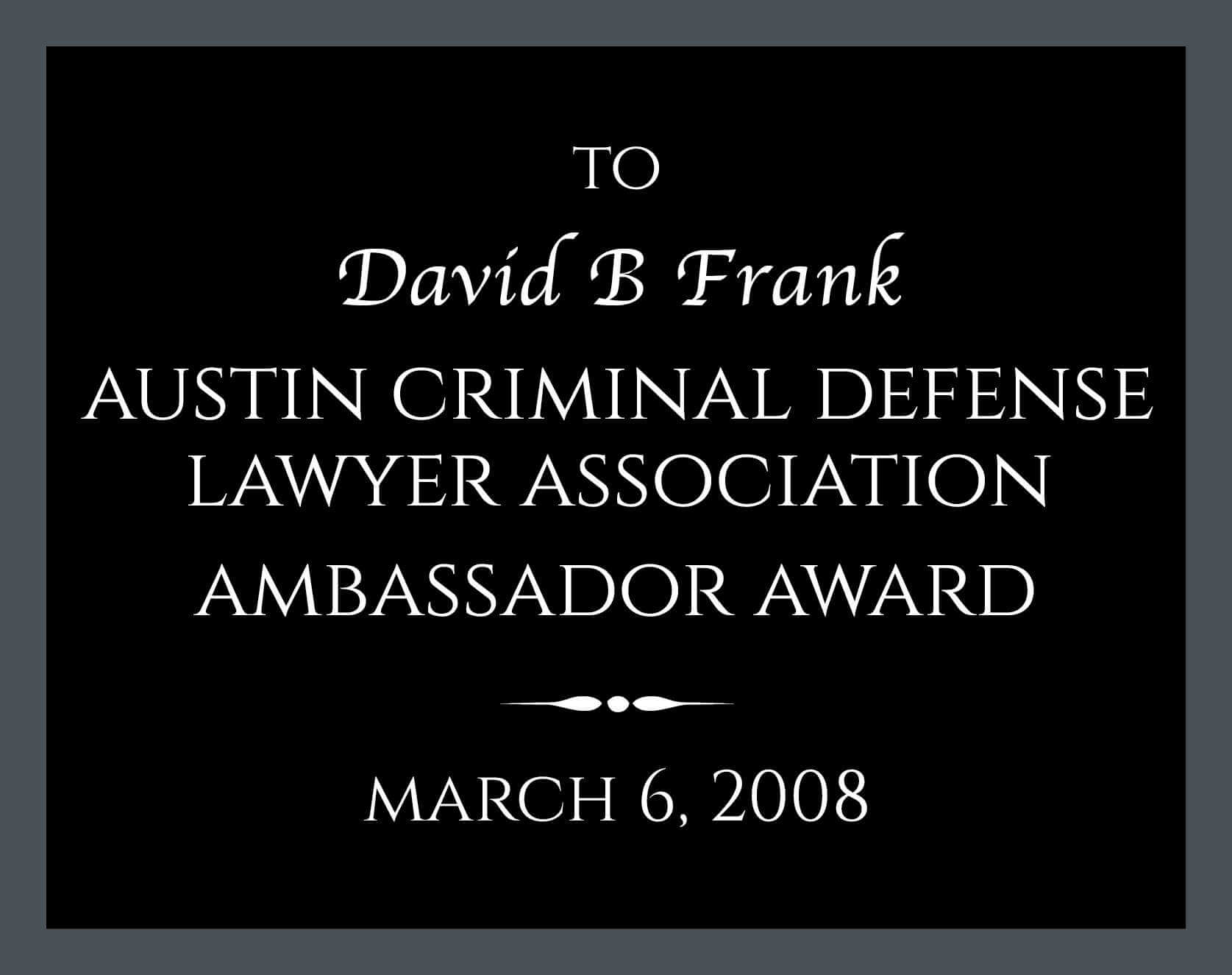A new state law for the first time allows a judge to grant deferred adjudication to a person charged with DWI. While at first glance this may seem like a major breakthrough, the new law does very little to protect a person from any of the real consequences that accompany a DWI conviction. In fact, the new law seems very much like a ploy to induce the unwary defendant into thinking they are avoiding many of the consequences of a conviction when in fact they are not.
The bill digest should make everyone pause. The history of this bill suggests that the new law was created as an inducement to tempt defendants into admitting guilt on a DWI. Driving while Intoxicated cases are some of the most litigated areas in criminal law. Courts are always trying to reduce their trial dockets. The new law actually helps prosecutors seek higher penalties through the new law’s enhancement provision. The bill digest states: “Some have noted that the lack of ability to offer deferred adjudication for certain first-time intoxication offenses with low blood alcohol level can hinder the ability of prosecutors to craft appropriate penalties and could result in some pleading guilty to lesser crimes, making it more difficult to address repeat offenders.” HOUSE RESEARCH ORGANIZATION bill digest 4/29/19.
The new law allows DWI Deferred Adjudications to be used for enhancement just like regular convictions. The law states that: “For purposes of this section, a person is considered to have been convicted” of Driving or Boating While Intoxicated “if the person was placed on deferred adjudication community supervision for the offense.” This means that a subsequent arrest for a DWI will be filed as a second DWI – a class A misdemeanor. If the Defendant has the poor misfortune of being arrested a third time, prosecutors will enhance the case to a felony even if the first DWI was deferred.
Additionally, while deferred adjudication is not technically a conviction, existing law which remains in effect allows that “on conviction of a subsequent offense, the fact that the defendant previously has received deferred adjudication community supervision is admissible before the court or jury for consideration on the issue of penalty.” Tex. Crim. Proc. Code Ann. § 42A.111 (West).
The new law also tries to encourage plea deals by allowing defendants to seek an Order of Non-Disclosure in two years instead of three years under existing law. While there may be value in seeking an Order of Non-Disclosure, in general, qualifying 12 months sooner is not worth having a DWI on your record if it can be avoided with a lesser charge.
The requirements for a DWI Deferred Adjudication are as follows:
- Deferred Adjudication is only available for a first time DWI or BWI where the blood alcohol concentration is below 0.15.
- The driver cannot hold a commercial driver’s license or commercial learners permit;
- The defendant must maintain an ignition interlock device installed on the motor vehicle owned by the defendant or on the vehicle most regularly driven by the defendant. The defendant may not operate any motor vehicle that is not equipped with that device. A judge can waive the ignition interlock device based on a controlled substance and alcohol evaluation of the defendant if the judge determines and enters in the record that restricting the defendant to the use of an ignition interlock is not necessary for the safety of the community;
- The new law takes effect September 1, 2019.
I frequently hear misinformation that a deferred adjudication allows you to wipe the charges off your record. Be careful. A Dismissal and Discharge from Deferred Adjudication does not operate like a true Order of Dismissal. A Deferred Adjudication cannot be expunged and it very much remains on your record.
David Frank also handles all criminal defense related matters in Texas and Federal court.



Leave a Reply